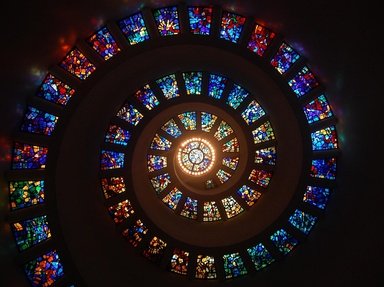Quiz Answer Key and Fun Facts
1. (Hint: Chinese philosopher.) "When anger rises, think of the consequences."
2. (Hint: Christianity.) "Do not let the sun go down while you are still angry."
3. (Hint: Islam.) "And those who avoid the major sins and immoralities, and when they are angry, they forgive."
4. (Hint: Buddhist leader.) "Anger is the ultimate destroyer of your own peace of mind."
5. (Hint: Hinduism.) "O Parth, the qualities of those who possess a demoniac nature are hypocrisy, arrogance, conceit, anger, harshness, and ignorance."
6. (Hint: Chinese text.) "Respond to anger with virtue. Deal with difficulties while they are still easy. Hand the great while it is still small."
7. (Hint: Buddhism.) "He who checks rising anger as a charioteer checks a rolling chariot, him I call a true charioteer. Others only hold the reins."
8. (Hint: Vietnamese activist.) "Anger is like a storm rising up from the bottom of your consciousness. When you feel it coming, turn your focus to your breath."
9. (Hint: Judaism.) "Easy to become angry and hard to be appeased: a wicked person."
10. (Hint: American activist.) "I am angry that we live in a society in which the plain truth cannot be spoken without offending 90% of the population."
Source: Author
AdamM7
This quiz was reviewed by FunTrivia editor
looney_tunes before going online.
Any errors found in FunTrivia content are routinely corrected through our feedback system.

